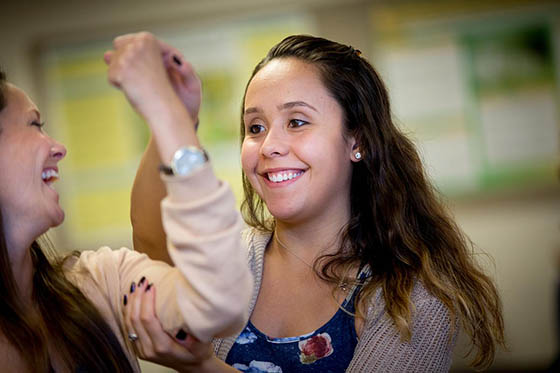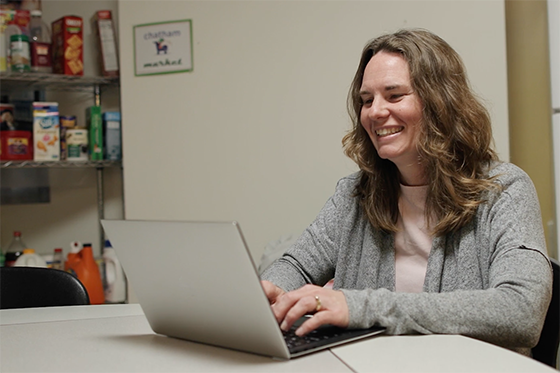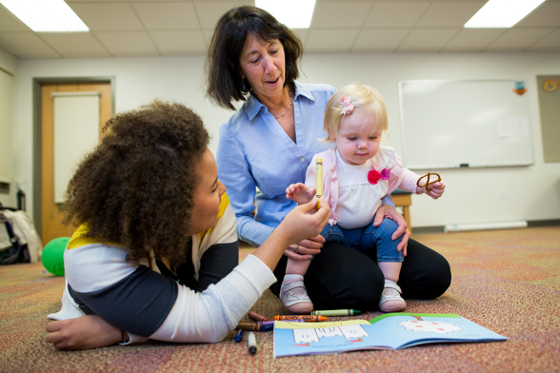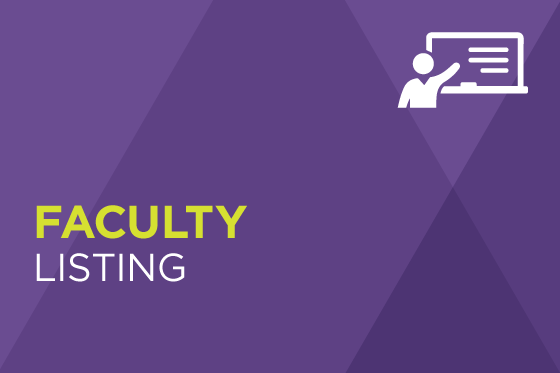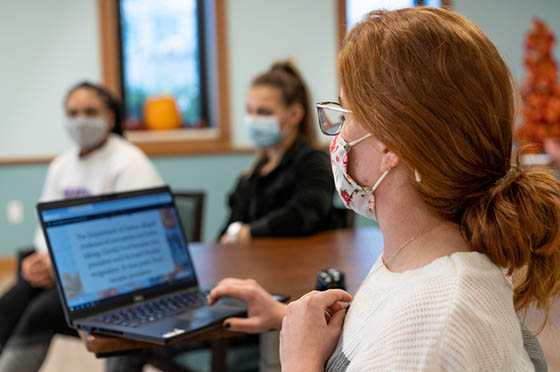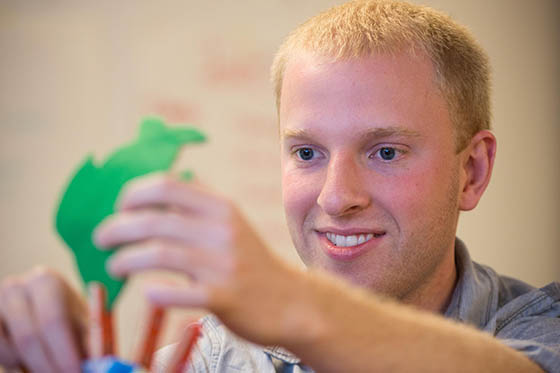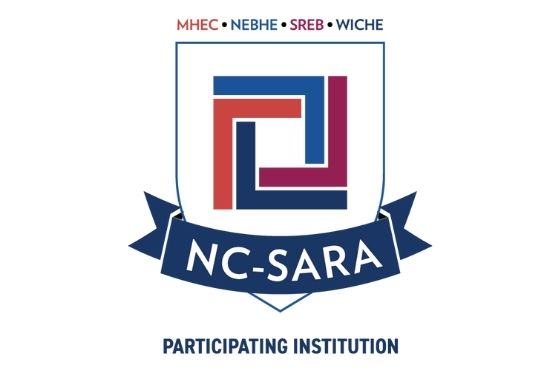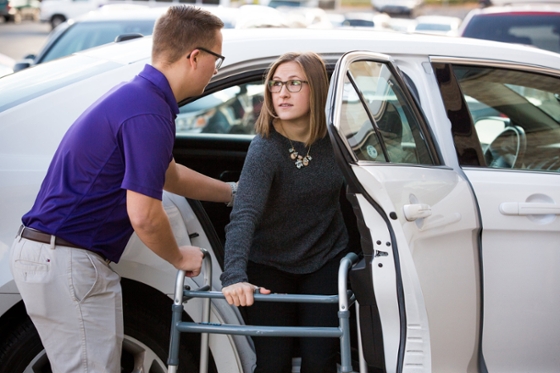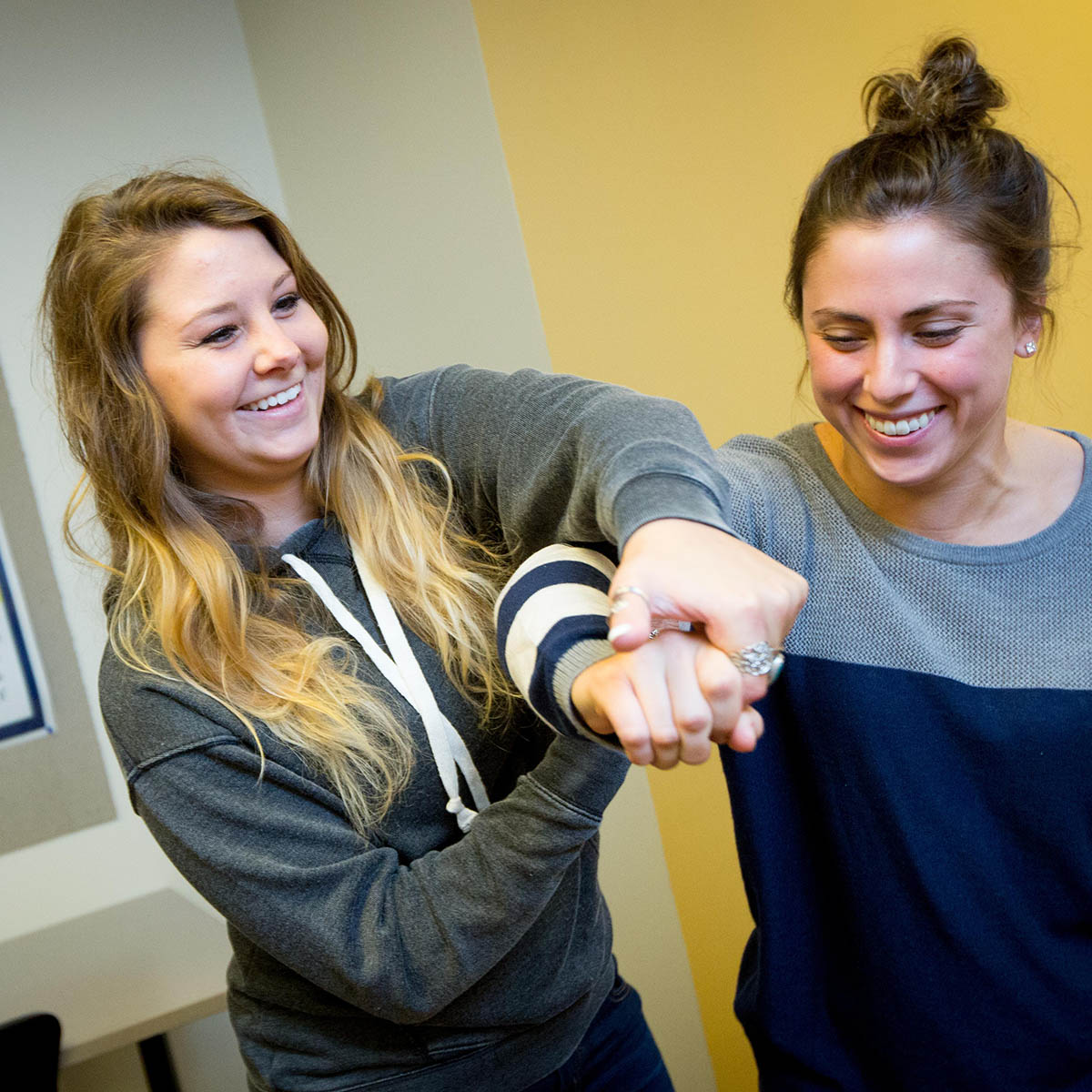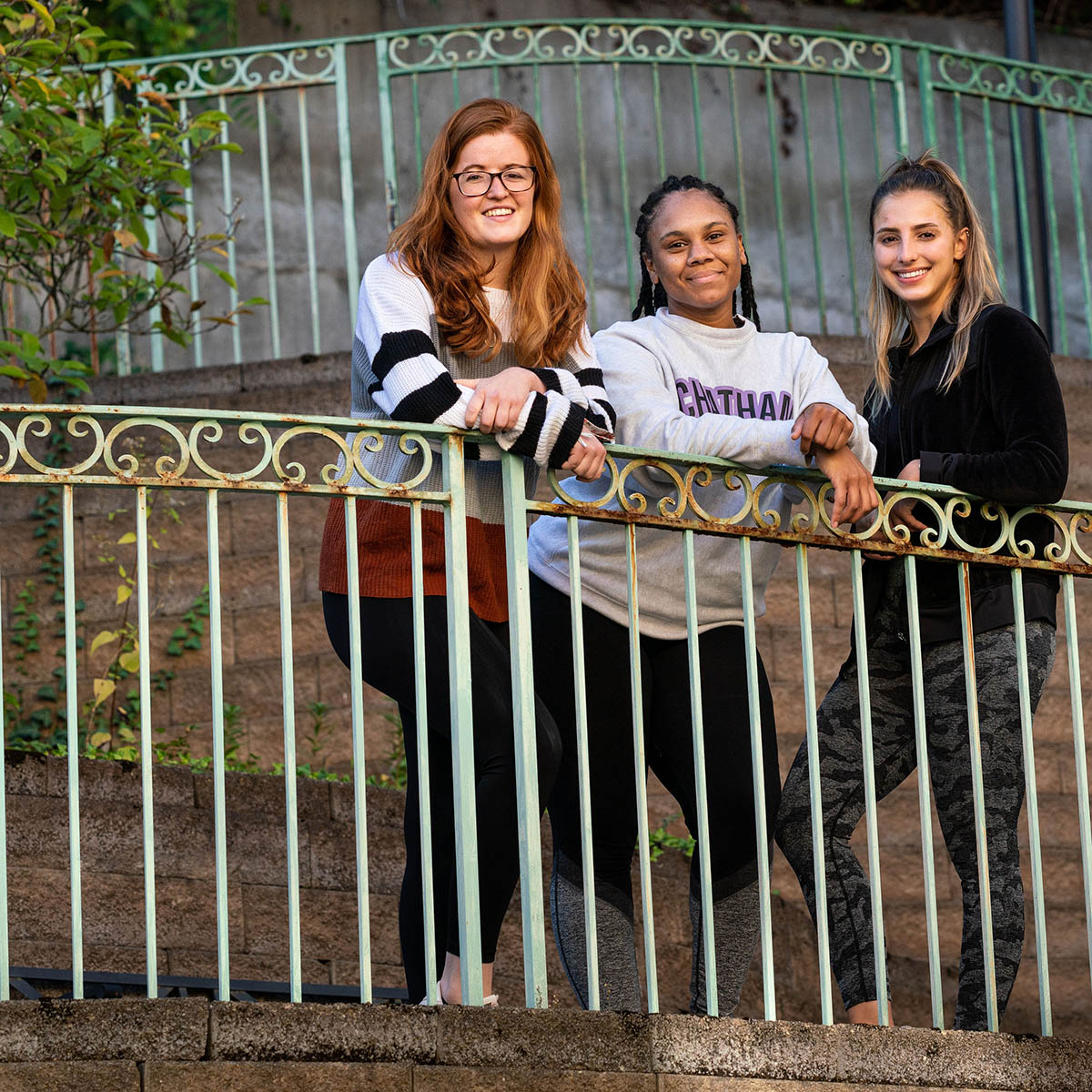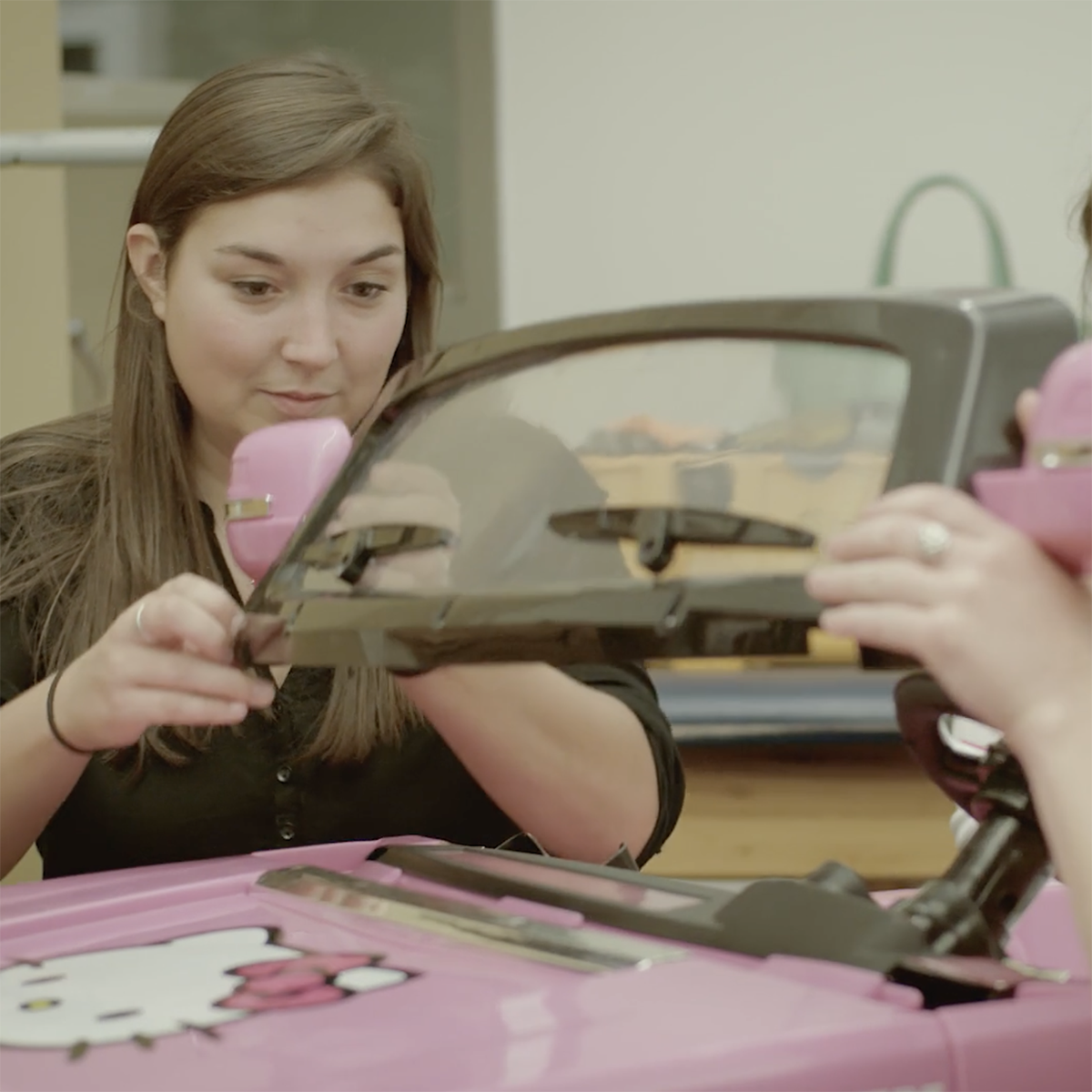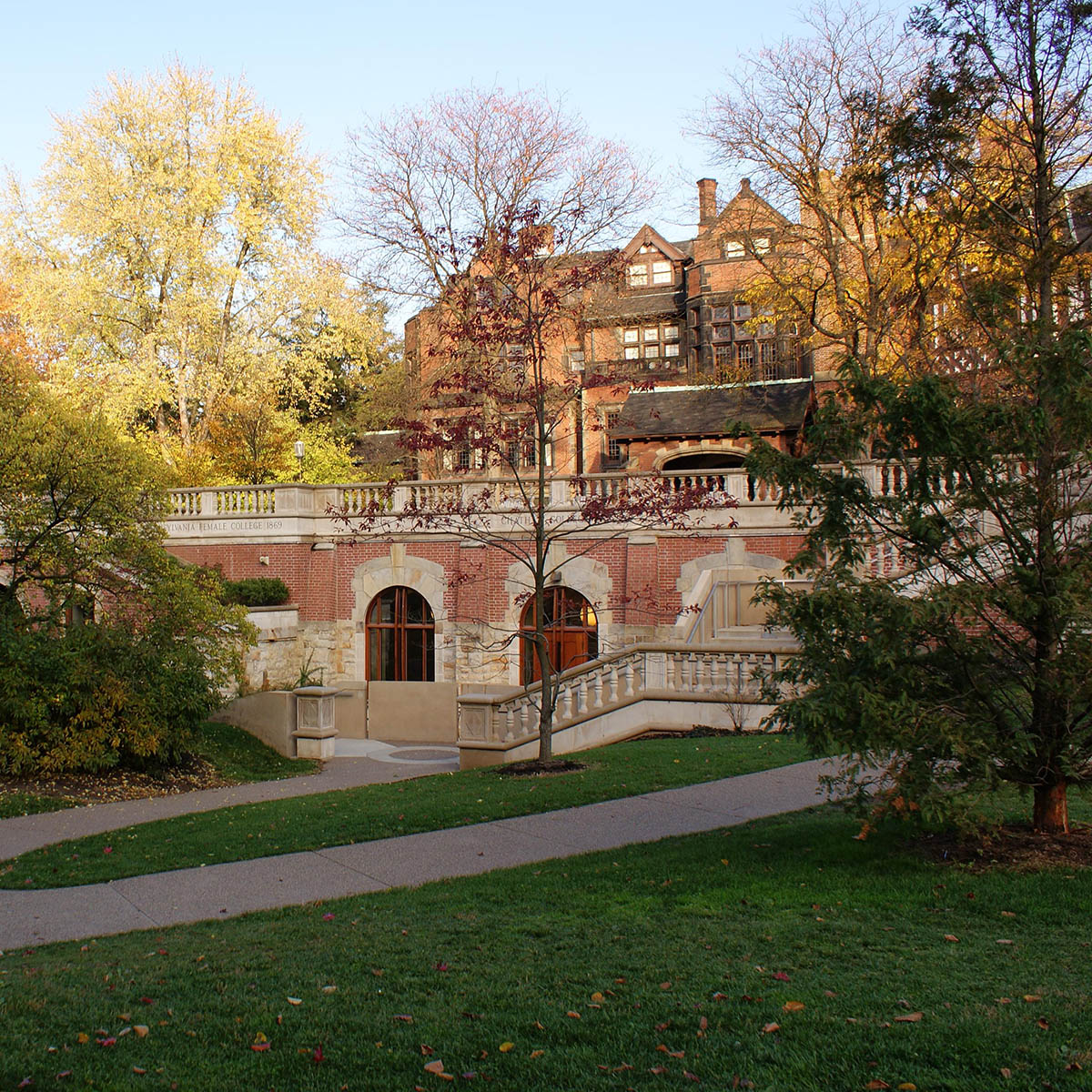Occupational Therapy Assistant to Occupational Therapy Doctor (OTA-to-OTD)
Have questions? We make it easy to get in touch:
Or, answer a few questions and we will be glad to help.
Loading...
Occupational Therapy Assistant to Occupational Therapy Doctor (OTA-to-OTD) Overview
As the health sciences landscape changes, having an advanced degree is key for those who want to move their career forward. Chatham’s hybrid degree allows Occupational Therapy Assistants to earn their doctorate and become OTDs to help expand their work in leadership, advocacy, education or clinical settings. Qualifications include an active OTA license, one year of clinical experience and a completed bachelor’s degree or one that will be finished at the start of the program. Enrolled students in this OTA-to-OTD bridge program take the majority of their coursework online with eight weekend campus visits to participate in interactive sessions.
Application Deadline
Rolling
We evaluate applications on a rolling basis; however, we recommend that applicants apply as early as possible.
Did you know?
Designed for Professionals
The OTA-to-OTD program is designed for working adults. Students can complete fieldwork and the capstone requirement where they live and work.
Credits Required
99 credits
Our hybrid program is a total of 99 credits over seven terms if the student already hold a bachelor’s degree or will complete one before their program begins.
Investment
Special Pricing
All AOTA members who are currently practicing as an OTA can receive a 20% reduction in tuition costs for the duration of the program.
Information Sessions
After exploring the website, attend one of our OTA-to-OTD prospective student webinars to talk with faculty and learn more about Chatham's Occupational Therapy Assistant to Occupational Therapy Doctorate (OTA-to-OTD) program. All sessions are virtual and hosted by program director Dr. Melissa Gett. Sessions are held each month.
View OT Events : Checkerboard 1 - Information Sessions
Career Outlook
The U.S. Bureau of Labor Statistics cites between 2022 and 2023, employment for occupational therapists would grow a projected 12%, much faster than the average for all other occupations. OT is an important part of the healthcare landscape and professionals evaluate, treat and educate people how to live with certain injuries, illnesses or disabilities. Over the decade, there is a projected 9,600 openings per year for these healthcare professionals.
Hybrid Learning
In an effort to save students time and money, Chatham’s OTA-to-OTD program is a hybrid of online study and eight interactive campus visits over the course-required semesters. Students in this program will also participate in various projects including a capstone which can be completed in the geographic area where the student is located.
Program Faculty
Chatham’s OTD faculty members bring a wealth of clinical experience as well as teaching experience in a range of practice settings. They serve as mentors and advisors and are there for you every step of the way.
Meet the Faculty : Checkerboard 5 - Program Faculty
Our OT Mission
To prepare and empower innovative, compassionate occupational therapy practitioners, scholars, and leaders to promote sustainable health and well-being among individuals, populations, and communities through the power of occupation.
Interprofessional Education (IPE)
Interprofessional education involves students from two or more health professions learning together during their training. The goal of IPE is to enhance communication and decision-making, allowing various domains of knowledge to complement each other.
Learn About IPE : Checkerboard 7 - Interprofessional Education (IPE)
Board Eligibility
Chatham OTA-to-OTD graduates can sit for the National Board Certification in Occupational Therapy (NBCOT®) exam, which certifies them as an OTR®. State licensure is required by most states and is usually based on the results of the NBCOT® exam. Chatham’s OT Program results from the NBCOT® exam can be found online at https://www.nbcot.org/Educators-Folder/SchoolPerformance by searching for “Pennsylvania”, “OT Doctoral-Level Programs”.
Accreditation Status
Chatham University’s OTA-to-OTD Doctoral Degree Program is accredited by the Accreditation Council for Occupational Therapy Education (ACOTE) of the American Occupational Therapy Association (AOTA), located at 7501 Wisconsin Avenue, Suite 510E, Bethesda, MD 20814. ACOTE’s telephone number c/o AOTA is (301) 652-AOTA and its web address is www.acoteonline.org.
Occupational Therapy at ChathamU


